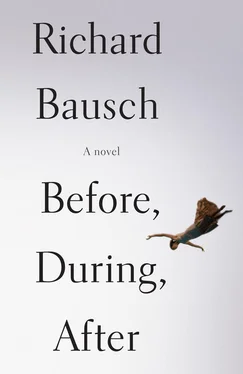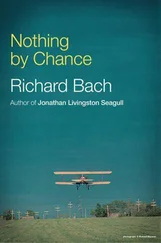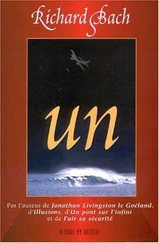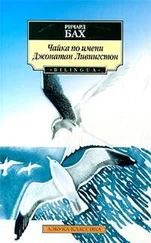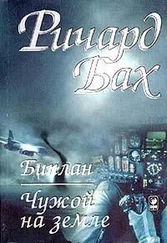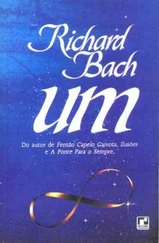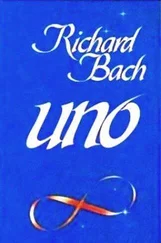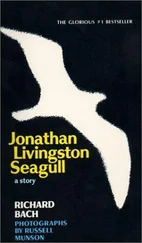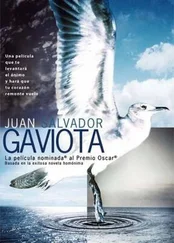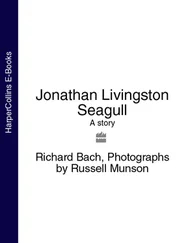“Did you tell him the news?”
“Yes. I just said.”
“About us , sweetheart.”
“Oh, well, he was so kind about storage and the movers, I–I just couldn’t do it. I mean, he wanted me to know I could consider this a long break.”
“Well, of course marriage is such a deeply embarrassing thing to have to go through.”
“Stop it, Michael. I can’t help how I feel about it. I didn’t want my private life bandied about in the halls of that place. You knew that. Aunt Clara will say something to him anyway.”
“No, she won’t. It’s our business.”
“Well, exactly,” Natasha said.
He sighed, and she sighed back at him.
“Are we having a fight?” she said.
“I hope you have fun in Jamaica,” he told her.
“Do you want me not to go? Because I’m going.”
“Go.”
“Bye,” she said, and hung up.
Out the window, sun blazed on the façades across the street and the people strolling by, the cars gliding past. She turned and looked at the empty rooms and then walked through them one more time, pausing in the bedroom, that small space where they had first made love. It looked barren now with its faded places on the walls where the pictures had hung.
5
She had met Constance in Nice while working as an au pair for the liquor wholesaler and his wife and their two overindulged children, a girl and boy only eighteen months apart. The six-year-old, the girl, was verbally quite advanced and already showing signs of a fundamental dishonesty, and she had been giving Natasha a hard time. Her name was Elga. The couple was from Utrecht, but they spoke perfect French and English, and Constance, back when she lived in England, had purchased art from the wife, who was a ceramist. Natasha was introduced — the lady of the house took some pleasure speaking of her young American servant, or so it seemed to Natasha — and in the polite talk that followed, Constance said she had spent time in Tennessee and still had a small house in East Memphis, which she was trying to sell. Memphis remained the subject of their conversation, in English, while Natasha tried to keep Elga from taunting the boy. A moment later, when the Dutch couple had gone to prepare snacks, Constance murmured that the pretty children were decidedly not pretty when considered from the inside. “Selfish, spoiled little buggers, if you ask me,” she said, and the mild obscenity made Natasha laugh. It became a jag. Constance got lost in it, too, both of them unable to speak to the Dutch couple, who waited impatiently for them to subside.
The increasing awkwardness fed the laughter, of course, and it also made them friends.
They saw each other several times that week and kept the connection, though Constance was perpetually moving back and forth from one city to another. Through the six years Natasha was living in D.C., the older woman spent periods of a week or two at a time in the city, really only to see Natasha.
The bond was complex. At times Constance exhibited a form of intolerance for Natasha’s other friends, little asides in conversations, a certain tone when speaking about them, often preceding the name with the word that .
She would say “ That George” or “ That Marsha” or “ That Kelly,” like a schoolteacher discussing unmanageable students, and she could be critical regarding Natasha’s history — seeing herself as a kind of arbiter, especially concerning the younger woman’s relations with men. Her disapproval about the affair with the photographer had been both unsurprising and at the same time intensely dispiriting.
Indeed, they didn’t speak for several weeks after Natasha told her about it. Constance sent vaguely petulant notes wondering who was in Natasha’s life now. It was almost as if she wanted Natasha only for herself. She had a grown daughter with whom she didn’t get along very well, and on occasion Natasha wondered if the other saw her as a kind of surrogate.
So she worried some about the Jamaica trip.
Constance’s money was from her father’s side of the family. The old man had bought a four-mile strip of shoreline that nobody wanted near Pensacola, and in his last years he often talked about this one lucky chance of his: buying a piece of swampy lowland property that he ended up selling, acre by acre, to the hotel chains. Constance herself was in possession of a large house in Malibu, where her daughter lived alone, and a condominium in Manhattan overlooking Central Park. She was renting that to a city official. She now lived temporarily in an apartment near Old Orchard Beach, on Maine’s southern coast, where she was having a house custom-built for herself. Jamaica was a yearly trip for her.
That afternoon on the last day of August, Natasha left her apartment for good and headed for National Airport. While waiting for her flight, she called Faulk to apologize for her sharpness earlier.
“I’m happy about us,” he said. “And I want people to know it.”
“But it really wouldn’t have been the right time to say anything, Michael. I think it would’ve made the poor man feel silly after all his talk about my career in politics.”
“He’s going to feel silly anyway, when he knows.”
“Well, just tell him I didn’t have the courage or something like that. In a way I didn’t have the courage.”
Faulk’s sigh this time was not pronounced, nor intended to be anything but itself. “You have fun, darling,” he said. There was so much he did not know about her, and just now it made her anxious.
“I’ll call you each day,” she said.
“You don’t have to do that. Just be careful.”
“I will. You, too.” He would fly to Washington at the end of next week and then take a train to New York on Monday for the wedding of a family friend. How strange, he had said, to know that he would not be the one conducting the ceremony.
“I’ll only be in town the one night,” he said. “But the wedding’s in the afternoon, and since it’s down where the World Trade Center is, I just might go in the morning and have a look at the city from one of the towers. Be fun to get breakfast a hundred floors up.”
“I have to call Iris now.”
“I’ll look in on her before I go. And I guess I’ll have to try like hell not to see Tom Norland when I get to D.C.”
“Michael.”
“I’m taking an Amtrak express up to New York Monday, to make the rehearsal dinner. Dad and Trixie will arrive around two in the afternoon. The wedding’s midday Tuesday, so I’ll be back in Washington late that night.”
“I’ll call you from paradise,” Natasha said.
“Be careful in those waves. Promise?”
She promised. Then: “And you don’t go dancing in the clubs down in the Village.”
“Not much of that on Monday night, with two elderly people in tow. Anyway, there’s no riptides down there. I’m going to be with Dad, Trixie, and the wonderful Ruhms of Brooklyn, New York, very generous but devoutly conservative Christians. We’ll be downtown. Rehearsal dinner Monday evening, wedding and reception the following noon, with the real possibility that all of it will have to be endured in the absence of anything but fruit punch to drink because the groom’s elderly old aunt Linda gets upset at the sight of anything stronger. Probably won’t be any dancing, either. Maybe just a couple pictures of the city from high up.”
“I’ll miss you,” she said. “Even being in paradise.”
After they hung up, she sat in a small airport café, drinking coffee, feeling strangely bereft. It would be good to see Constance, in spite of the older woman’s occasional tendency to be magisterial.
Poor Constance was like that with her grown child as well, and it was the reason the daughter wasn’t coming to Jamaica and Natasha was. The daughter, against her mother’s wishes, had purchased an antiques store in Malibu, using money given her upon graduation, last June, from law school at Yale.
Читать дальше
